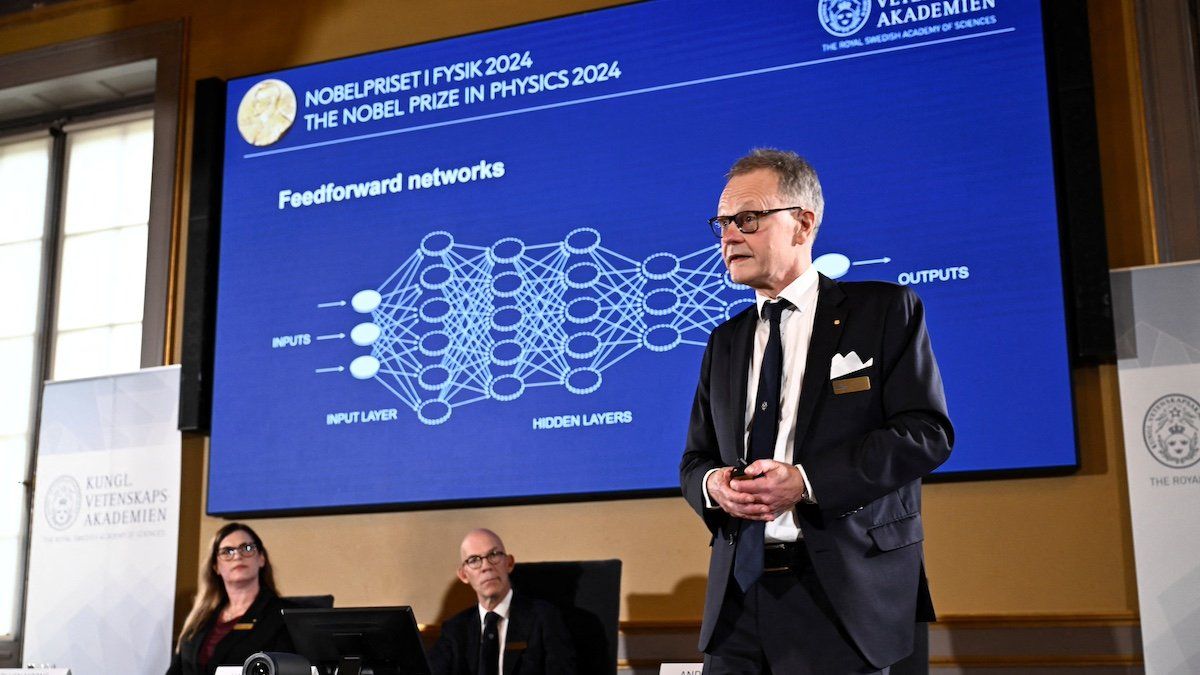Artificial intelligence researchers won big at the Nobel Prizes this year, taking home not one but two of the esteemed international awards.
First, John Hopfield and Geoffrey Hinton won the Nobel Prize in physics for developing artificial neural networks, the machine-learning technique that has powered the current AI boom by replicating how the human brain processes information. Then, the Nobel committee awarded the chemistry prize to University of Washington biochemist David Baker as well as Google DeepMind’s Demis Hassabis and John Jumper. (Hassabis is DeepMind’s co-founder and CEO.) The trio was honored for developing techniques to use artificial intelligence to model and design proteins.
The Nobel wins come with cash prizes (11 million Swedish crowns, or $1.06 million), but also international recognition that could fuel further research and funding in artificial intelligence. Academic papers on innovative subjects tend to increase after the Nobel committee honors a discovery, Wired noted, as seen with the award for the isolation of the carbon structure graphene in 2010.
Of course, AI is already the subject of a global industrial boom, but the Nobel prizes are celebrations of what AI can do at its best — not a warning of how it can go wrong. Hinton, for his part, issued a warning after winning the physics prize. AI, he
told CNN in an interview, “will be comparable with the industrial revolution. But instead of exceeding people in physical strength, it’s going to exceed people in intellectual ability. We have no experience of what it’s like to have things smarter than us.”
